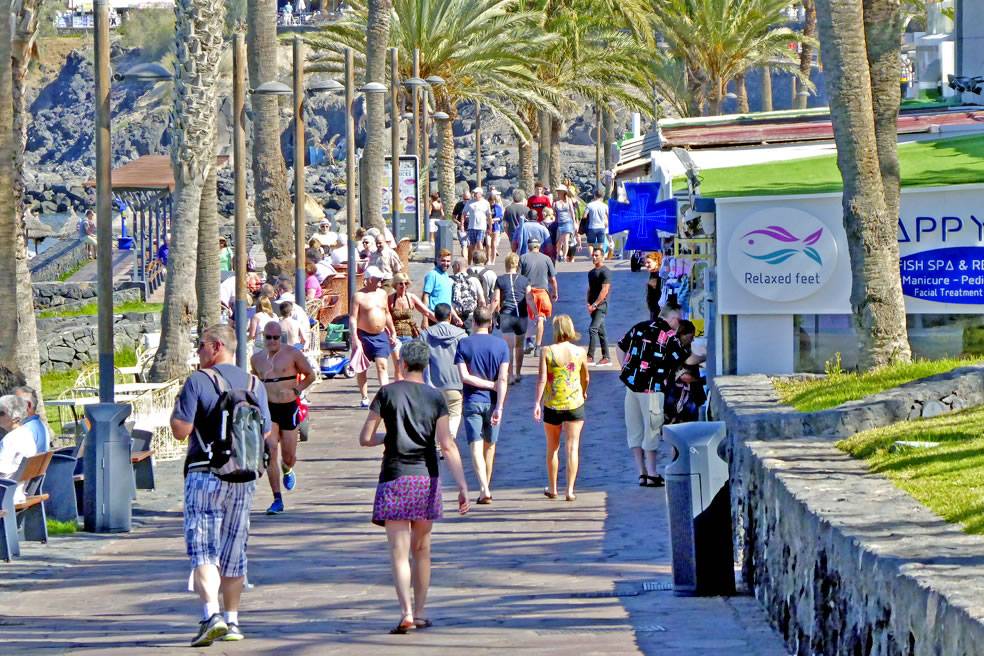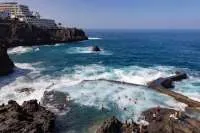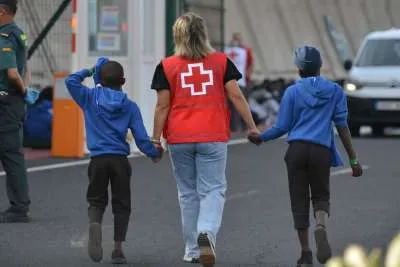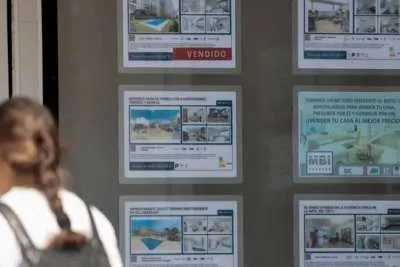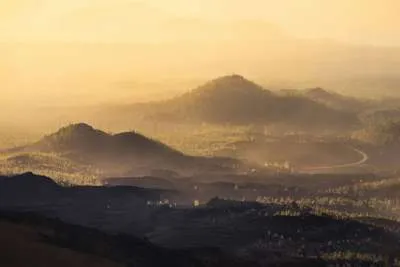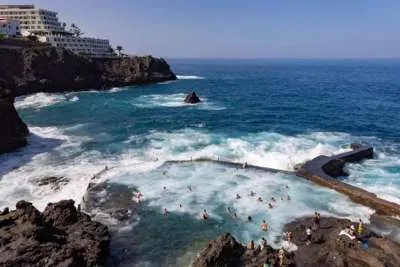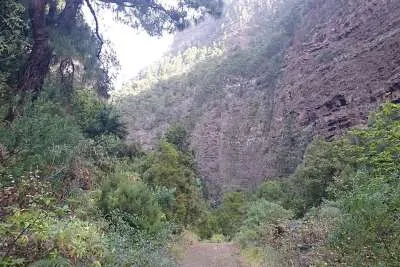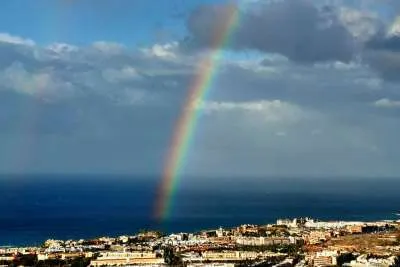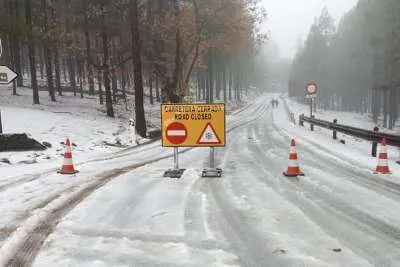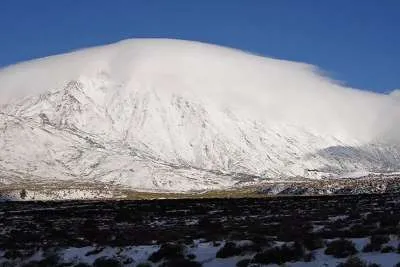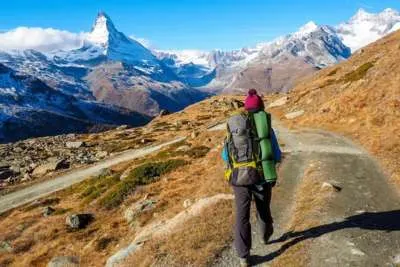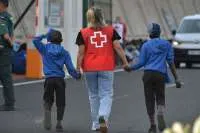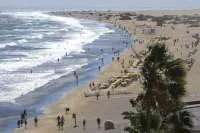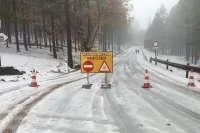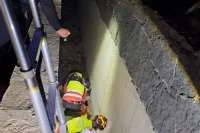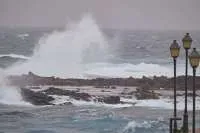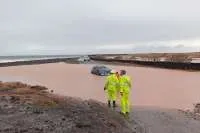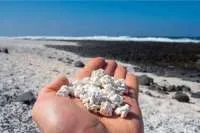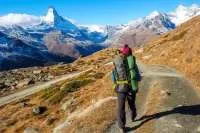Associations want more shaded areas in the south of Tenerife to protect the public
- 20-07-2023
- Tenerife
- Canarian Weekly
- Photo Credit: Turismo de Tenerife
Environmental and neighbourhood associations in the South of Tenerife are asking for more shaded areas in public spaces, so that people can shelter from the high temperatures, especially in summer, and the harmful effects of solar radiation.
This claim is shared by medical professionals, who recall that periods of extreme heat, such as those experienced this month, cause an increase in deaths from cardiovascular and respiratory diseases, especially among the elderly, and an increase in cases of skin cancer due to exposure to the sun without using proper protection.
All of them are appealing to the municipalities for "less cement and more trees, pergolas and awnings" so that the health and well-being of citizens prevail in the midst of global warming, in the same way as the new park in Las Rosas which stands out precisely for its shaded areas.
Environmental groups want more vegetation for shade claiming that: “the quality of life provided by shaded areas is priceless, especially trees. Investment in trees is an investment for the future as they will give shade to our children and grandchildren, and help to refresh the air.”
They are also emphasizing the benefits of vegetation in the face of climate change. According to UN estimates, houses with trees close to their façades reduce air conditioning consumption by up to 30%, and in boulevard-type spaces with vegetation, the temperature can drop between 2 and 6 degrees.
The heatwave that has been affecting almost half of the globe in the last few weeks has triggered alarms about the consequences of climate change on the population, a worrying reality that means we must adapt our urban environments. Ecologists such as Fernando Valladares, from the Higher Centre for Scientific Research (CSIC), have already warned that last summer (2022) "will probably be one of the coolest of our lifetimes."
Other articles that may interest you...
Trending
Most Read Articles

Featured Videos
A Vision of Elvis Tenerife Promo
- 10-05-2025
TEAs 2025 Highlights
- 17-11-2025


